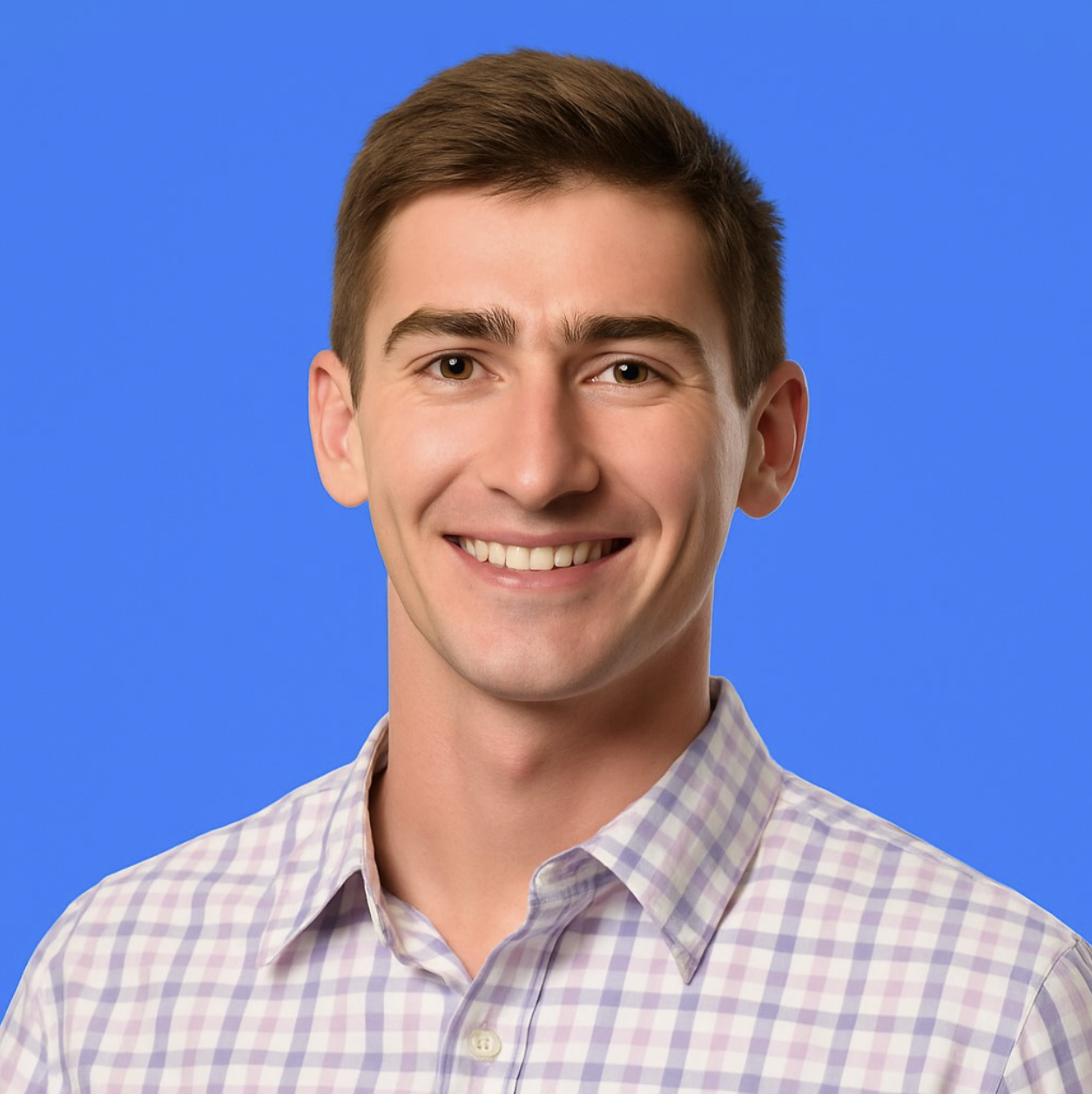Balancing Work, Study, and Growth: My Journey in Purdue's PMP Program
Balancing Work, Study, and Growth: My Journey in Purdue's PMP Program
My path into pharmaceutical engineering began early. As an undergraduate, I worked at a startup in the Purdue Research Park, which gave me hands-on experience in the industry. That experience opened the door to my current role at Lilly and prepared me for the type of challenges I face every day. The PMP program has elevated that foundation. It has taught me not just the core engineering principles I rely on, but also the analytical techniques and software skills that make my work more impactful.
One of the most rewarding aspects of the program is the capstone project. I partnered with Lilly to work on a batch size increase in manufacturing, a project that combines engineering design and financial forecasting. It’s not only about determining how to increase production. It’s about understanding the economic implications and making informed decisions that benefit both the process and the business. Being able to tie technical improvements to financial outcomes has been eye-opening.
Balancing full-time work with graduate study is not easy, but Purdue has made it possible. My managers at Lilly have been supportive, and the PMP program has been incredibly flexible. I often join live sessions during lunch or watch recorded lectures in the evenings. That flexibility is the reason I have been able to stay consistent without feeling like I had to sacrifice one responsibility for the other.
The most valuable aspect is seeing classroom learning translate directly into my role at Eli Lilly. For example, I learned about Principal Component Analysis in a course and suggested using it at work to organize and interpret large, complex data sets. It helped us identify patterns that were otherwise buried in noise, and it reminded me why I joined this program in the first place, to grow in ways that immediately matter.
If you are thinking about joining the Purdue Chemical Engineering PMP program while working full time, my advice is simple know your rhythm and how you manage your time. Stay consistent with your studies. Most importantly, take full advantage of the program’s flexibility. This experience has not just enhanced my technical skills. It has taught me how to connect engineering decisions to real business impact, and that is a lesson I will carry long after graduation.
Boiler Up!

